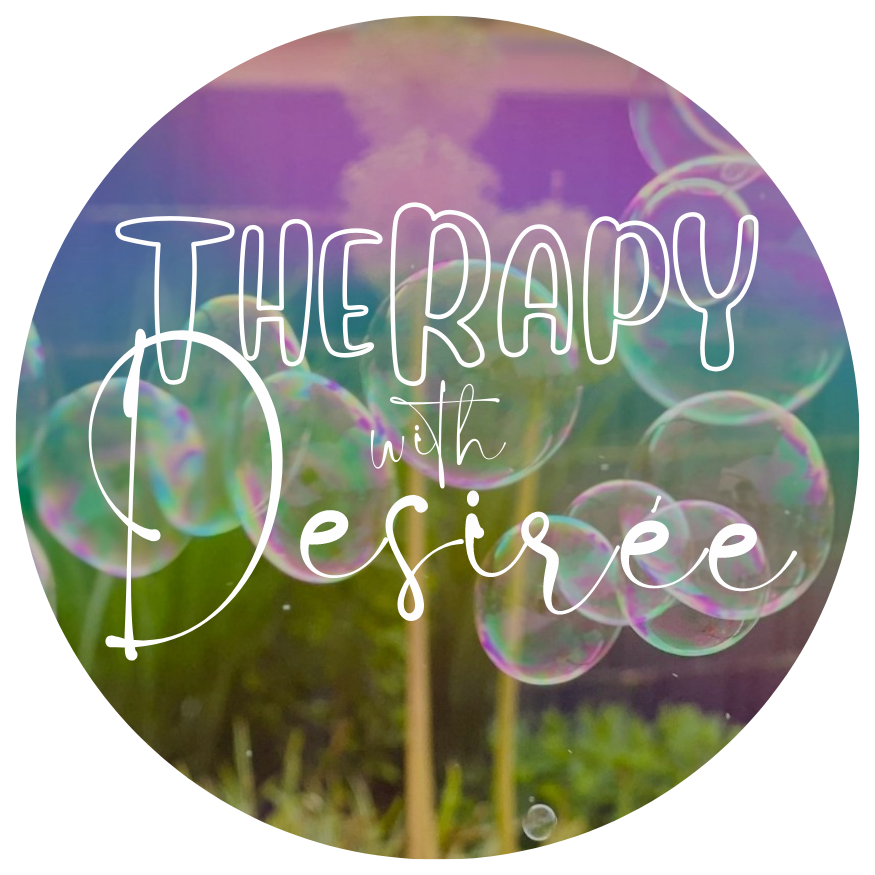How to Find a Therapist in NYC
Finding a Therapist or Mental Health Counselor in New York
As a native New Yorker myself, I know how tough it can be finding a mental health clinician in the city. Navigating that process since the pandemic began has gotten a bit more challenging. Here are a few tips on finding the right fit as quickly and painlessly as possible.
1. Get used to mindfully assessing what you need
Think about what you’re looking to change. Are you too depressed to get out of bed? Is your mind racing with all of the things that you want to or “should” be doing, but you’re too scared to move a muscle? Do you keep distracting yourself with destructive things because you can’t stand being in the present moment? All of those are valid and you are FAR from alone. You don’t need to know exactly what kind of therapy or therapist is “best” for you right now because the most important factor in predicting therapy outcomes is the therapeutic alliance —how comfortable you feel opening up to your clinician. If you’re introverted, give yourself a little time to warm up. Trust your instincts though if you feel invalidated or judged during your work together. Is it important to you that your therapist be knowledgeable of holistic approaches? Do they understand and affirm your identity? Spend a little time thinking about what things are important, what goals you have in mind, and then start your searching.
2. Perspective
Find someone you trust with training that speaks to you. Do a little research to see what you like or ask some detailed questions in your phone consultation. I myself hold a Bachelor of Science from Brooklyn College and Masters in Social Work from The Silberman School of Social Work at Hunter College. I specialized in mental health counseling with individuals and groups. I find highest efficacy in blending Cognitive Behavior Therapy, Dialectical Behavior Therapy, Rogerian and Adlerian styles, with Integrative Medicine, Harm Reduction, Psychedelic Integration and creative art therapy.
3. Set and Setting
Office visit or online? I began my practice online in 2017, then expanded to a few office locations. Lately, I’ve strictly been WFH, all sessions taking place via video or phone. What I’ve realized is that I can reach more people this way, no one has to haul their ass to an office and though I miss being in the same room as my clients, the work has been going strong! Virtual coaching also opens up opportunities to connect with specialists that might be exactly what you need, just on the other side of the globe.
4. Affordability
Mental health care wasn’t something that was significantly valued growing up in my family, largely due to finances and stigma. Therapy isn’t cheap and it’s disappointing that most insurance plans offer lackluster behavioral health plans, insufficient for reaching your goals. Let’s normalize investing in the emotional health of ourselves, families and communities. However, be real with yourself about your budget. If the rates here would cause undue financial strain, there are some therapists who offer a sliding scale.
If you have any questions, send me a message or book a free consultation anytime.
Until next time,
Be well!

